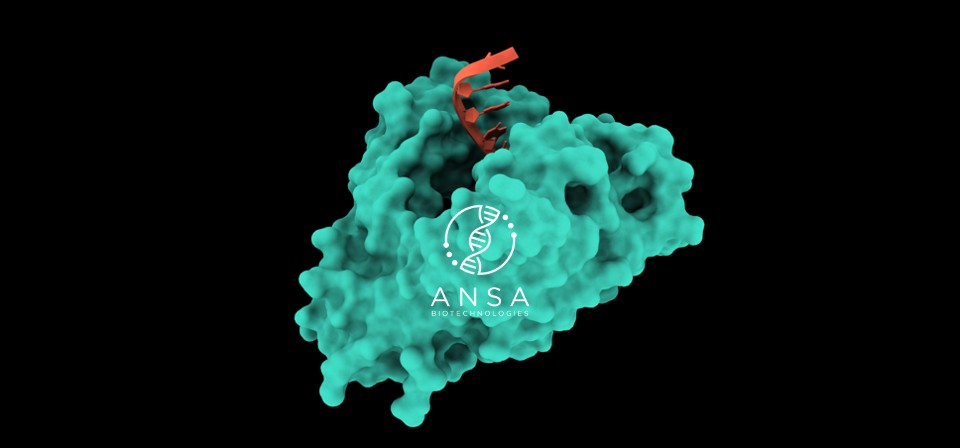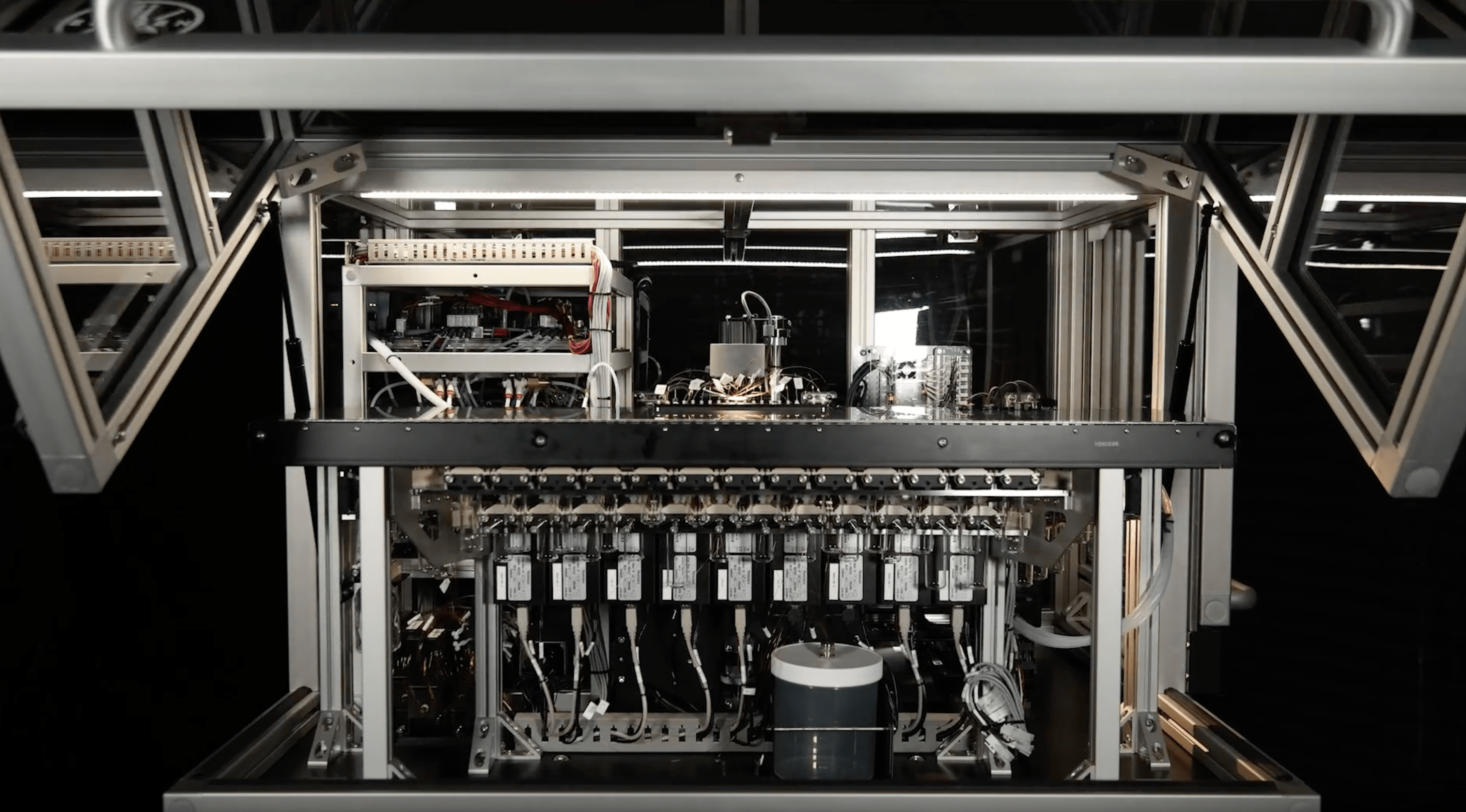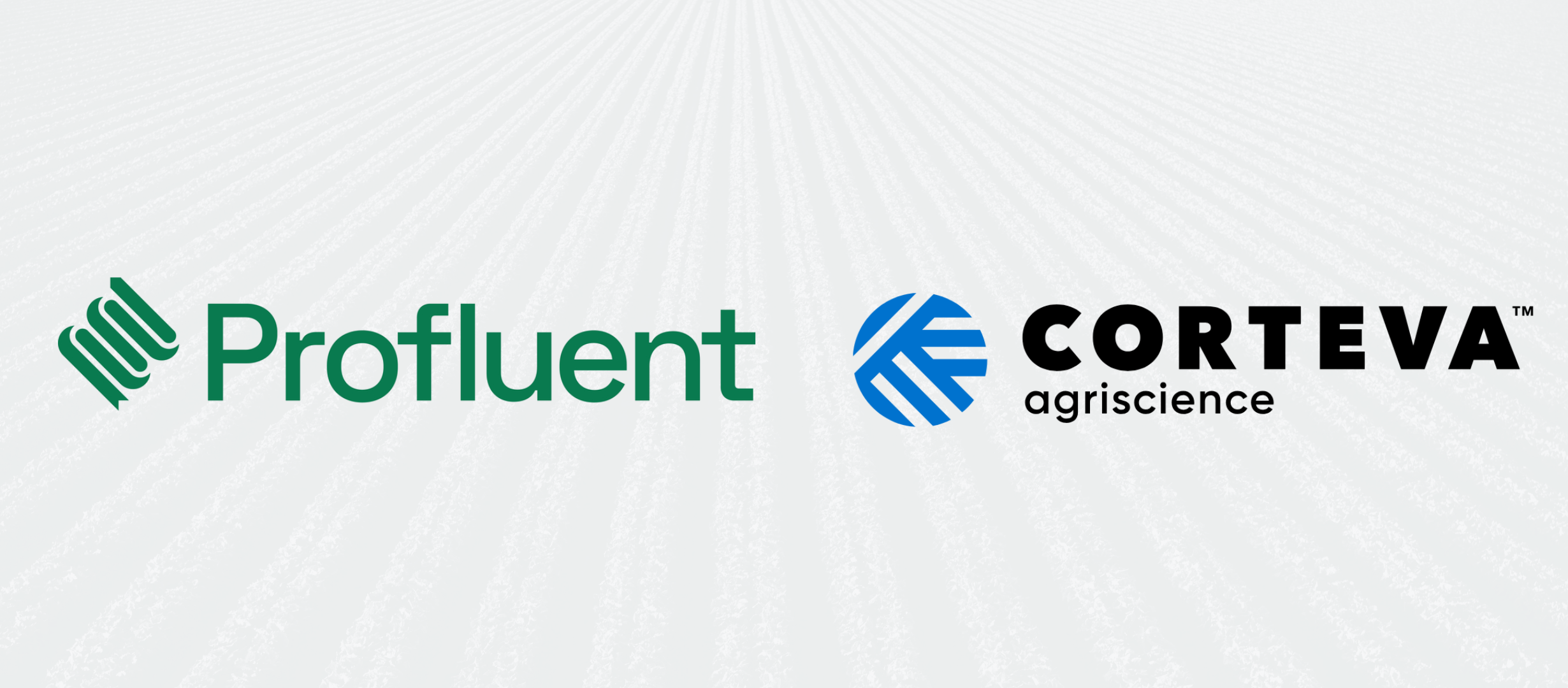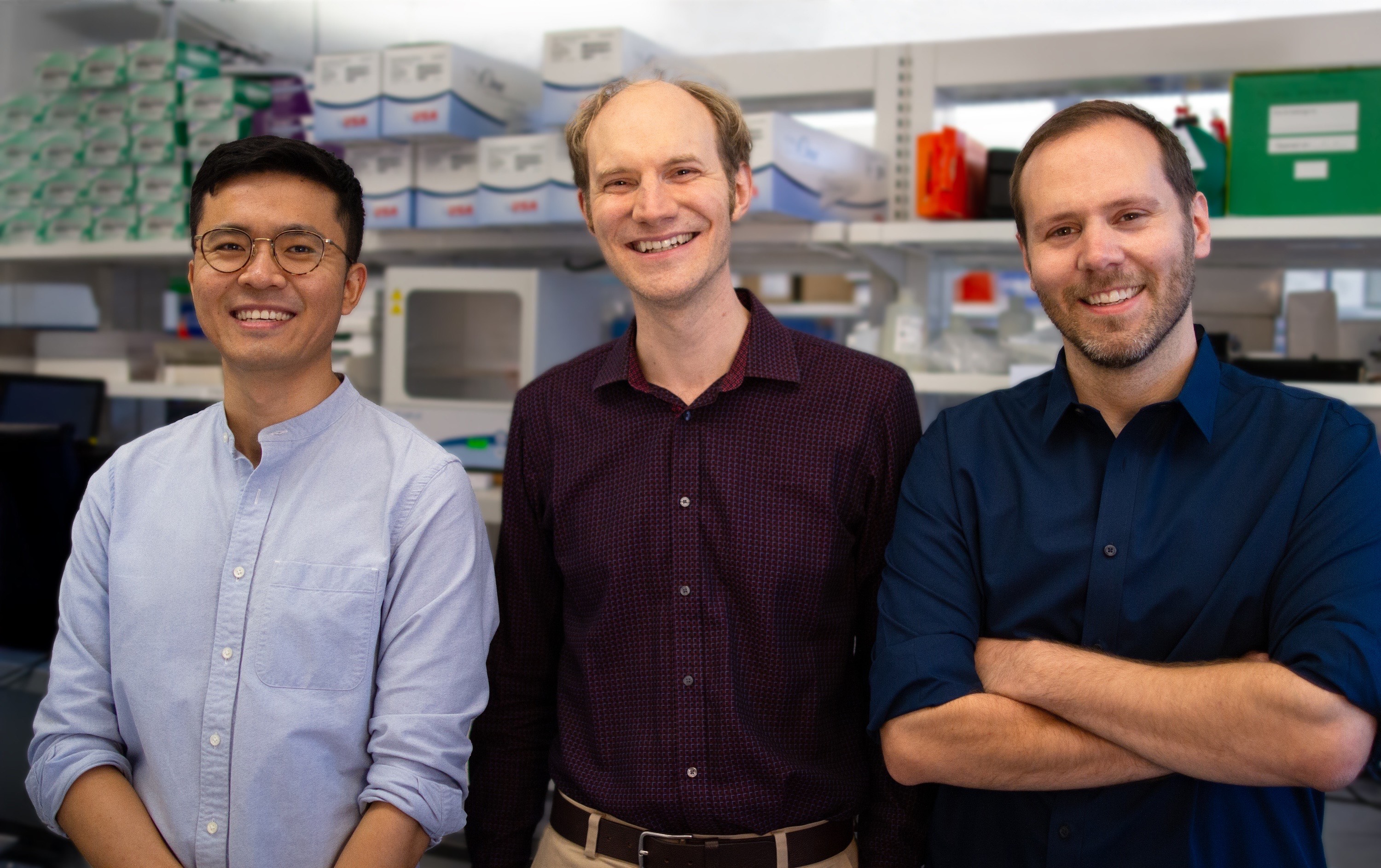Zymergen raises $400M+ to deliver AI-enabled biology to global bio-based industry
Zymergen raises $400M+ to deliver AI-enabled biology to global bio-based industry
Zymergen announced a $400+ million Series C funding round in support of its proprietary technology platform to produce novel and improved molecules to meet global-scale industrial needs. The majority of products used every day—from toothpaste to clothing, fertilizers, ibuprofen and more—have long been derived from petroleum. Zymergen uses advances in artificial intelligence, robotic lab automation, and cutting-edge genomics to engineer biology at scale. CEO Josh Hoffman talked with SynBioBeta just before the big announcement about how developments in synthetic biology stand to impact the global economy.Josh Hoffman is not a trained scientist, and his solution is anything but conventional. But he believes his company, Zymergen, has a multi-billion dollar industrial solution for optimizing microbial strains.For decades, scientists have grappled with the traditional “screening” experiment, spending months, maybe even years, designing and executing growth experiments, picking colonies, isolating clones, and sequencing genomes in an effort to create optimized microbial cell lines. The work is tedious. For scientists, nothing is more frustrating than being prevented from doing “real science” by the crucial need to sift through data looking for the needle in the haystack.Today, industrial fermentation allows high-throughput production of beneficial products such as human proteins, pigments, and fine chemicals, and time is of the essence. Companies that waste months or years optimizing their microbial strains cannot compete.Josh first knew that his company could be a success during a meeting with senior scientists from a large multinational company six years ago. When they became extremely interested in Hoffman’s and his co-founders’ ideas around a quantitative approach to designing and operating biological cell lines, “it was a very powerful piece of information,” reflects Hoffman.So what, exactly, does Zymergen do?
Turning to algorithms to design experiments scientists don’t think of
In short, by combining machine learning and liquid handling robots to perform experiments that deeply explore the genomes of already highly optimized microbes, they attempt to pull just a little bit more from each strain. It’s not an easy task -- and one that Hoffman feels is impossible for humans alone. Why?“I’ve learned that scientists’ ideas about the linkage between genotype and phenotype aren’t very good. We find that on average, about 70% of the genomic edits that reveal a phenotype that we care about are in areas of the genome that no scientists could ever discover. And about a third to 40% are in parts that don't have annotations -- they are genes with no known function. And there’s just no way people find those things,” says Hoffman. Because of this, Zymergen has never been focused on making it cheaper to try scientists’ ideas. Instead, Hoffman and his team turned to the power of algorithms to create and run experiments that scientists could never think of.

Zymergen lab. photography by Albert Law : www.porkbellystudio.com“As I began to understand the problem -- the problem being it's pretty easy to get a cell line to do something at a kind of proof of concept level, but getting it reliably scaled, at economics that work, and to be able to traverse that path in a rapid and cheap way, is really hard -- I realized that you can really set it up as a machine learning problem,” he says.To explain his thought process, he turns to Google as an example. “Right at the beginning, Larry Page had the PageRank idea, and we realized that you could very likely set the problem up with a similar mindset. But in order to do that we first had to build a real back-end infrastructure from the get-go that is designed to scale,” says Hoffman. “This is the part of Google that people don't appreciate much, how good their infrastructure is,” he adds. “If you don't make those decisions from the beginning then you're not going to be able to build the systems that will allow you to capture the data, manipulate the data, and use it.”

Zymergen provides a suite of tools that simplify the design, build, test, analysis, and learn stages of the experimental workflow. Learn more on the Zymergen Tech Blog.
https://youtu.be/UBA36SoOivY
A commitment to build a company equal parts software engineering and wet lab
But not everybody understands the deep level of commitment necessary to tackle such a difficult problem. “The commitment to make this stuff run at scale is deep and abiding commitment. And I actually don't know that anybody else fully understands that,” says Hoffman. “Lots of life sciences companies use some sort of software and technology. So I think that many think that this is a kind of marketing-driven thing, that we’re just kind of doing what everyone else does, and we're just sprinkling a little bit of machine learning on top of it.”Making a point that he doesn’t want to be critical, Hoffman further reflects, “The pure software companies, the computational biology companies, they don't understand what's required to make the wet lab stuff work. And the companies that come out of the life sciences side, they sort of understand from the automation, but they actually don't understand. It’s very hard to appreciate the technology, what's required, unless you've been there.”Hoffman says that he’s fortunate to have had a bit of software experience in a previous life, which enabled the Zymergen team to have a bit of intuition and understanding of the difference between life science PhDs who learn to write code by hacking Python at the bench and people who write maintainable, scalable enterprise.With that in mind, Hoffman and his co-founders sought not to find people who were both great software engineers and great scientists, but instead to hire domain experts and help bridge the gap, enabling them to communicate around common problems. Today there are roughly as many software engineers as scientists at Zymergen.“The joke I make is we’re 60% a life sciences company, 50% a software engineering company,” says Hoffman. More seriously, he explains that he believes that Zymergen’s real commitment to do both is one of the reasons organizations such as DCVC have invested in the company.https://youtu.be/hbXOIuTvEJ8
Realizing Success
The journey has been long and anything but easy, but Hoffman points to four key areas that have been critical measures of Zymergen’s success along the way. First, they aim to bring products to market that leverage the underlying chemical diversity of living cells. Second, technical proof points have been a critical goal. Funding has always been important, and finally, returning to the Google example as a guide, they have sought sources of data along the way that help Zymergen continuously improve.Today, Zymergen has proven that they have a host-agnostic platform, a critical characteristic for a company aiming to improve products already in the market. They’ve also demonstrated the ability of their genome-scanning algorithm to reliably improve microbial performance, and to do it at scale. They’ve expanded the ability of their platform as well, acquiring functional metagenomics research leader Radiant Genomics -- and its suite of genetic libraries -- earlier this year. Excluding big pharma companies, Hoffman says:
“As far as I’m aware, our bugs produce more product by both weight and value than every other synthetic biology company ever funded put together.”
And, he adds, they’ve achieved this milestone by finding genomic changes that scientists can’t find -- all through the power of AI and automation.“So it's not just that we've done it, we've done it with the technology working the way that it's supposed to, really validating this point that once you have a pathway in, robots and algorithms are way better than people,” says Hoffman.Welcome to the wet lab of the future.



.svg)






.png)



.jpg)

.gif)